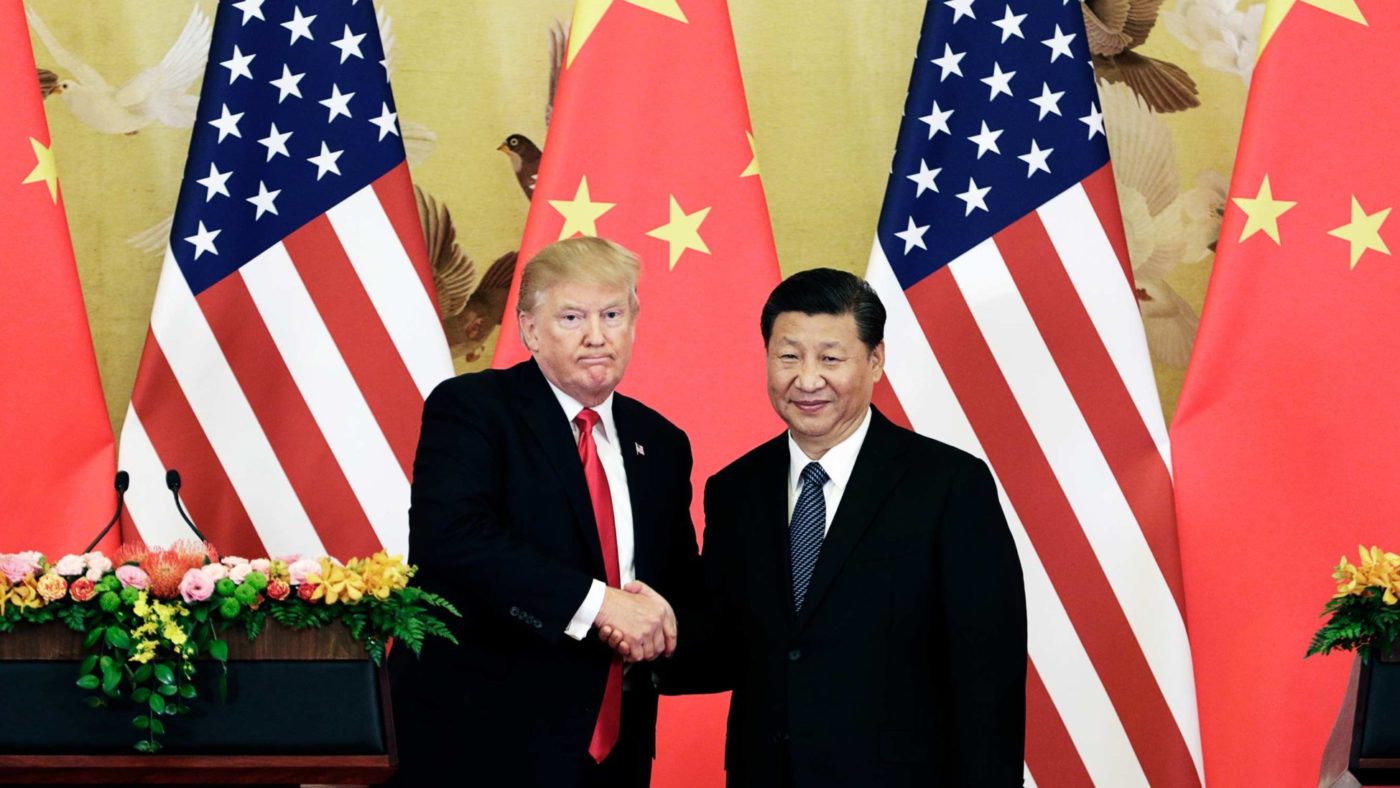Tariffs might be politically controversial. But their inadvisability is one of the few things that practically every economist can agree on.
Unfortunately, the exceptional economist who proves the rule is Peter Navarro, who happens to be one of Donald Trump’s trade advisers. As Robert Colvile has explained on these pages, Navarro blend of jingoism and economic ignorance make him arguably as dangerous as Trump himself.
Navarro is credited with providing the intellectual — if that’s not too strong a word — grounding for Trump’s belief that other countries, especially China, were ripping off the US. Central to the Navarro view of the world is that trade deficits are a big problem that needs to be solved by maximising exports and clamping down on cheap imports. Another strand to Navarro’s thinking is that if Americans stop buying Chinese goods it will slow down Beijing’s military expansion and lessen the likelihood of a full-on clash between the globe’s only superpowers.
Not only has this backwards view of trade spurred Trump to cancel the potentially lucrative Trans-Pacific Trade Partnership, but it also inspired a raft of tariffs on various imports. Last year the White House imposed tariffs of between 10 and 50 per cent on imports worth over $280bn as part of the President’s ongoing trade war with China.
A new analysis of the Trump trade war makes clear just how pitifully misguided that policy has been, delivering the ever necessary reminder that it is domestic consumers that pay the price aimed at foreign consumers.
To summarise the report from the Centre for Economic Policy Research:
Over the course of 2018, the U.S. experienced substantial increases in the prices of intermediates and final goods, dramatic changes to its supply-chain network, reductions in availability of imported varieties, and complete passthrough of the tariffs into domestic prices of imported goods.
“Complete passthrough” means American consumers bore the entire cost of a policy aimed at punishing foreign economies. And the revenue generated from taxing imports is not enough to compensate for the cost to consumers. Of course, the same is true for the countries that have retaliated against Trump with tariffs of their own, at least proving that bad economic policy is not confined to Washington.
What’s particularly galling about Trump’s policy is that he had the clearest of prior warnings. Back in 2009 the Obama administration tried something similar with a 35 per cent tariff on Chinese tires. The policy saved about 1,200 jobs in the American tyre industry, but also pushed up the cost of tyres for every American who wanted to buy them. Each of those saved jobs ended up costing the American economy not far off $1 million.
It’s not just the cost to consumers and businesses that is worrying, but the way that Trump has undermined confidence in the international trading system. His impulsiveness might make for good snark on Twitter, but it’s a lot less entertaining for businesses trying to work out where they are going to be able to sell their wares in future.
Mercifully there does at least now seem to be a thawing in the US-China relationship following a recent meeting between Trump and Chinese premier Xi Jinping. Here’s hoping economic sense wins the day.


